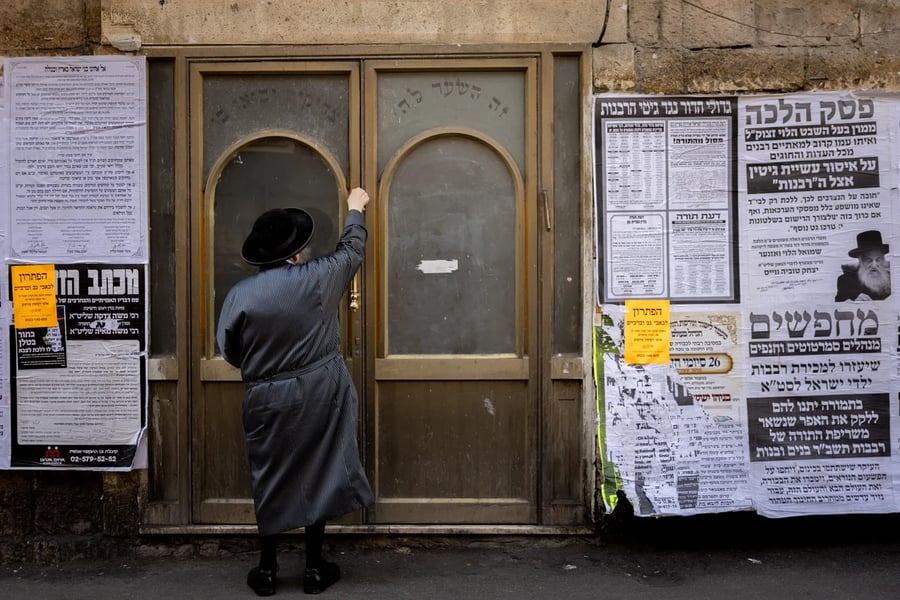
As the Sabbath ended in the hills of Hebron, Eli K., a Chabad Hasidic Jew serving in the IDF reserves, made what he thought would be a simple journey to mark a significant religious holiday celebrating the release of Chabad's founder from prison. Instead, his visit to Jerusalem's Mea Shearim neighborhood became a painful reminder of the deep rifts tearing at the fabric of Jerusalem's Orthodox community.
Eli explains, "I simply wanted to join the religious gathering at the synagogue. Our spiritual leader promises that whoever comes to rejoice on this holy day will find personal liberation. What greater promise could there be?"
The bitter irony wasn't lost on him. On a day celebrating liberation from imprisonment, a Hasidic Jew in uniform found himself under siege. Young religious students first shouted slurs - their cruel nickname for religious soldiers - as he entered the neighborhood. Still, he made his way to the synagogue, where for an hour he sat peacefully, his weapon and uniform an uncomfortable reminder of the world beyond Meah Shearim's ancient stones.
Then came the confrontation. Several young men entered, declaring his presence "unacceptable." The synagogue caretaker, face fallen with shame, approached with devastating news: the celebration couldn't continue with a uniformed soldier present. "It was as if this house of worship had become like the biblical story of Lot," Eli writes, "but there was no one to protect the guests."
What followed was a disturbing display of intolerance. As Eli left to preserve the joy of the gathering, a mob of young zealots pursued him through the narrow streets. Bottles flew through the air. Someone sprayed pepper gas. In a moment that crystallized the desecration of religious values, one of the pursuers snatched his religious head covering and fled.
Yet even in this chaos, a different side of Mea Shearim emerged. Throughout his ordeal, residents approached seeking blessings - for marriage matches, for children, for healing. These people, recognizing the soul beneath the uniform, faced worse violence than Eli himself. "I watched their traditional fur hats flying as fists landed," he recalls. "With me, at least, they showed some restraint."
One young man dressed in traditional Shabbat attire, guided them to safety. "I'm against military service," he stated plainly, "but in my parents' home, we learned about welcoming guests."
When police arrived, Eli refused to file charges. "My heart holds only compassion," he writes. "Compassion for confused young people who scream at someone who could be their father. Compassion for their neighbors who know this isn't the way of the Torah. Compassion for those who prepared a beautiful gathering only to see it destroyed."
The incident stands in stark contrast to the legacy of Rabbi Amram Blau, the renowned anti-Zionist leader who, despite his fierce opposition to the state of Israel, welcomed IDF officers into his home with respect and dignity. As documented in a 1966 newspaper report, he hosted military officers for lengthy discussions over refreshments prepared by his wife, proving that one could maintain strong anti-Zionist principles without descending into baseless hatred.
As Israel faces unprecedented security challenges, with soldiers standing guard from Gaza to Lebanon, this incident raises painful questions about the future of Orthodox Judaism. Can we maintain our principles without losing our humanity? Can we oppose policies without attacking people? The answers may lie in Rabbi Blau's wise words: "I fight against ideologies, not against people."
Meanwhile, in the hills of Hebron, Eli continues his military service, defending all Jews - even those who attacked him - while maintaining his religious lifestyle. His experience serves as both a warning about rising extremism and a reminder of religion's true path: one that combines uncompromising principles with unwavering love for all Jewish people.



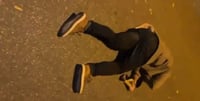
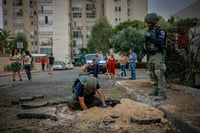
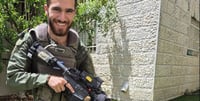


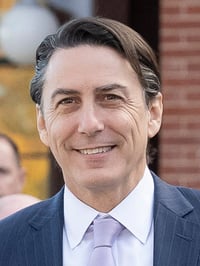
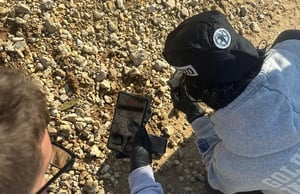


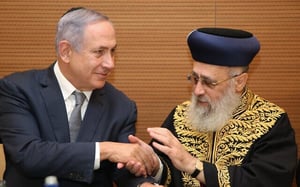

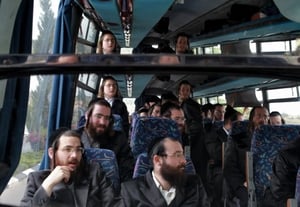


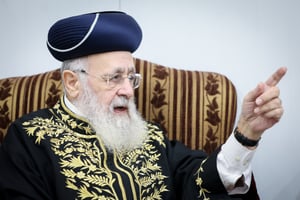

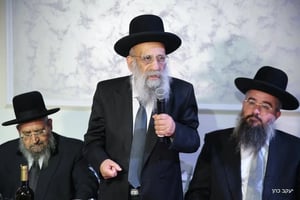
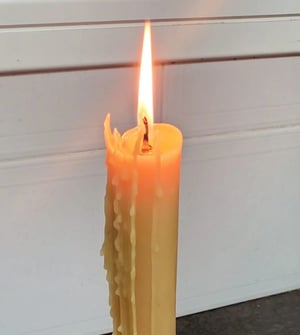
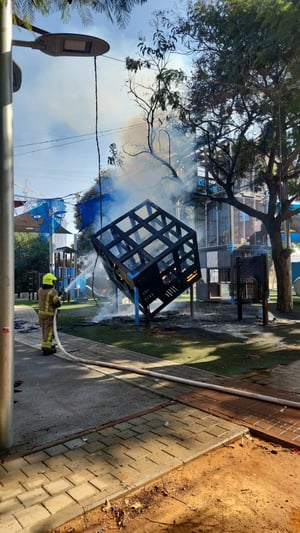

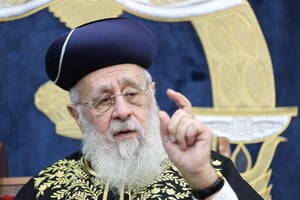
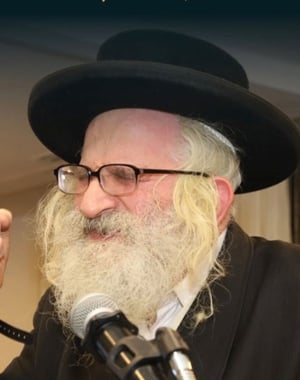
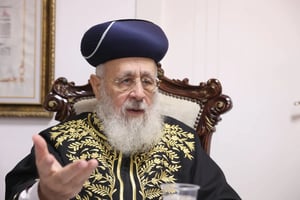
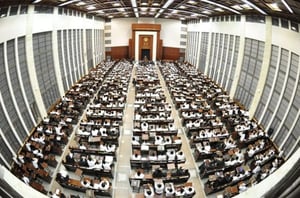
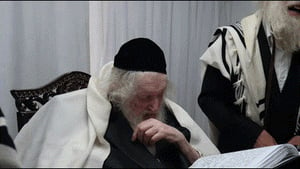
0 Comments